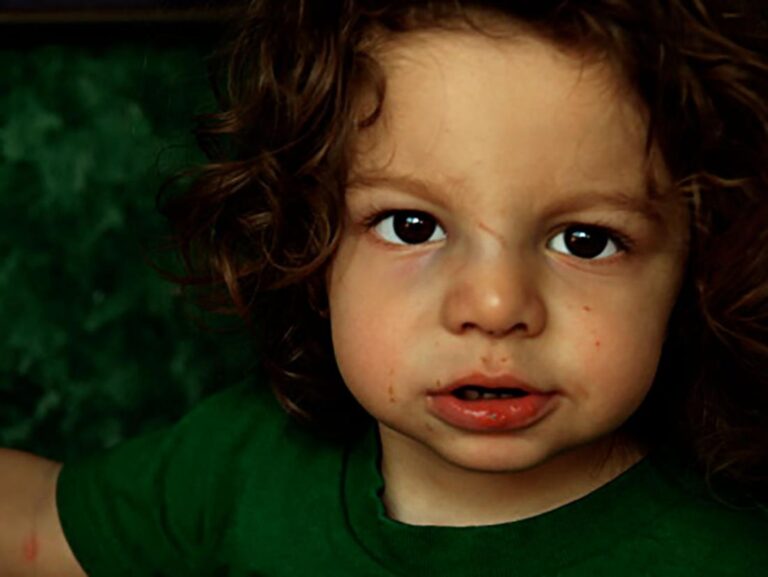Why are your cheeks swollen in the morning? Swelling in cheek could be due to sensitivity allergic substances, mumps and facial edema. The various causes of swelling of cheeks and face indicate other serious health problems, infections or conditions. It can occur in children and adults.
Swollen cheek causes including face
What causes swollen cheeks? Read on to unlock information on swollen cheeks, causes, and other signs to look out for.
1. Allergic reaction
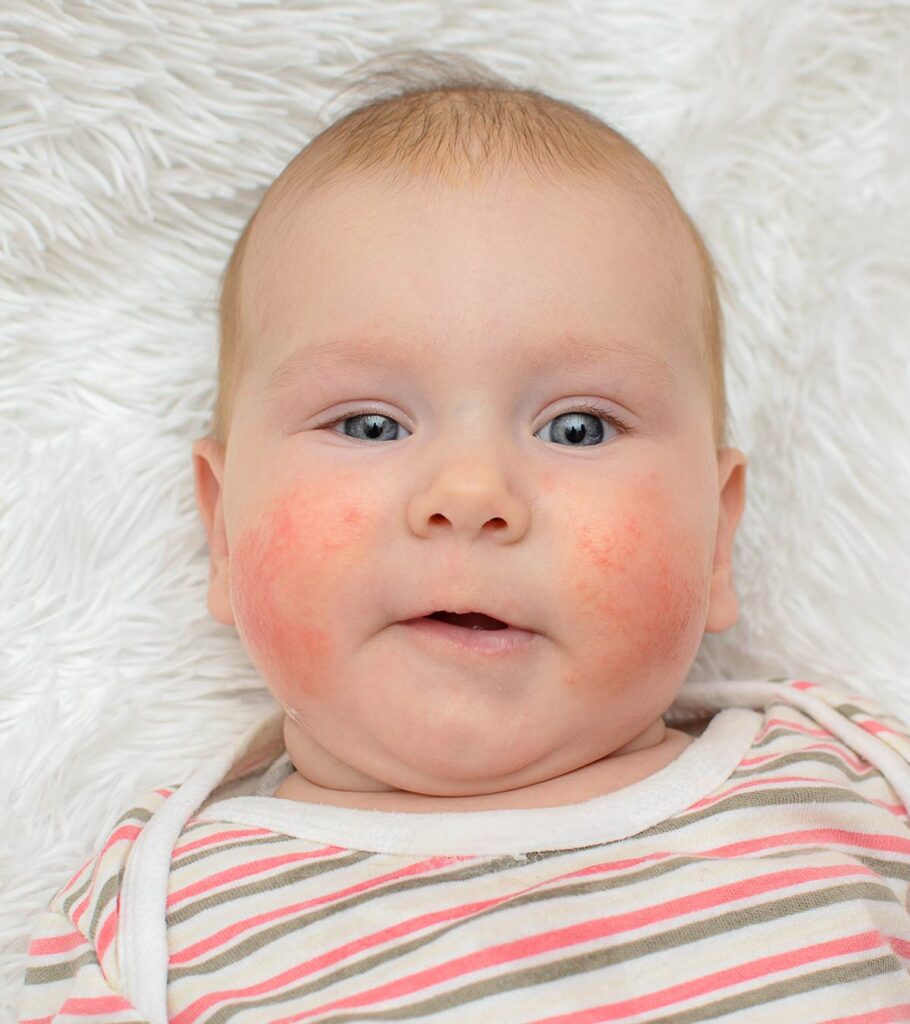
Allergies and reaction to allergens are one of the common causes of facial swelling and swollen cheeks. One is said to have an allergic reaction to a certain allergen or substance when the immune system produces a reaction to counter the potentially harmful effects of the specific substances.
The most common types of allergen sources that would cause swelling in cheeks include bee stings, certain chemicals, medicines, and latex. There are also certain skin conditions that normally results in swelling. Such are eczema and contact dermatitis, which are locally referred to as skin allergies.
If an allergic reaction causes facial swelling, it could be mild or serious. Depending on one’s sensitivity, the symptoms of an allergic reaction can be revealed in various ways. Swollen cheek and eyes are common. Below are some of the signs or symptoms associated with allergic reactions.
- Enlarged face or puffy face particularly the front cheeks, around eyes, eyelids, and lips,
- Hives and skin rash, which can cause one to start itching. To confirm that it is a skin dermatitis then affected individuals have to undergo an allergy test,
- Breathing problems, nasal congestion, et cetera.
- Diarrhea,
- Irritated red, itchy eyes, watery eyes,
- A runny nose, sneezing,
Anyone can become sensitive to allergens and develop an allergy too. Moreover, it can run across families. Above all, children and adults altogether are victims of skin allergies.
As we have mentioned, there is great need to go for an allergy test in order to identify the type of allergies causing your suffering.
2. Certain infections
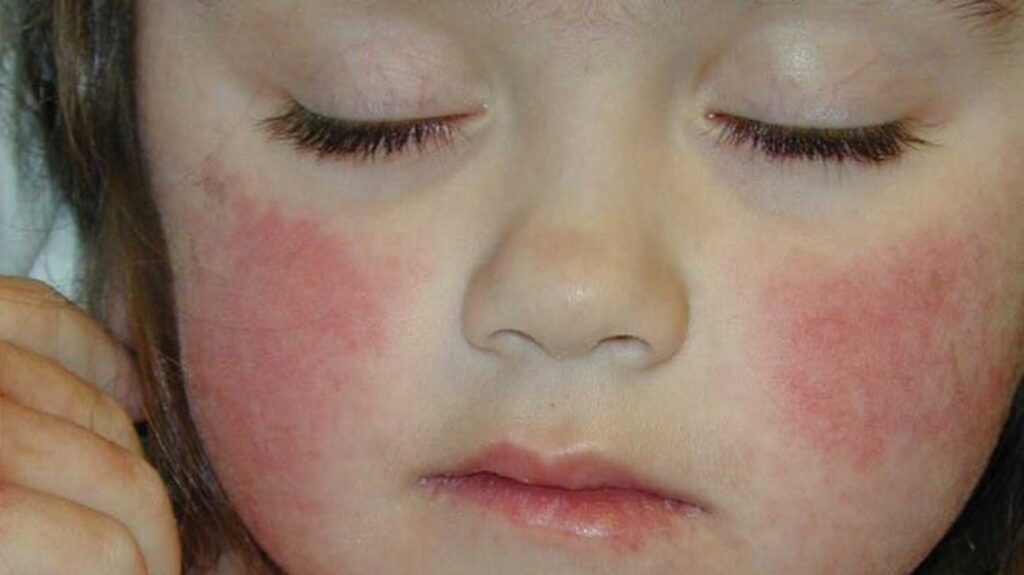
Certain infections can cause swelling in the skin. They include the following.
i. Cellulitis
Cellulitis is a bacterial infection of the skin. The bacteria causing it can enter through cuts in the skin or after you have an injury on the skin. This infection can cause a sudden swelling of the skin.
In the case of facial swelling, this infection can also result from certain complications resulting from untreated infections of the teeth. For instance, if you have a dental abscess there are chances of getting cellulitis.
This infection is characterized by a sudden swelling, redness of skin, warmth and tender skin to touching more so facial skin.
ii. Acute sinusitis
Another infection that can lead to a facial swelling is sinusitis although it at least causes mild cheek swelling.
iii. Mumps
This is another infection, which we shall look at later on.
3. Angioedema or facial edema
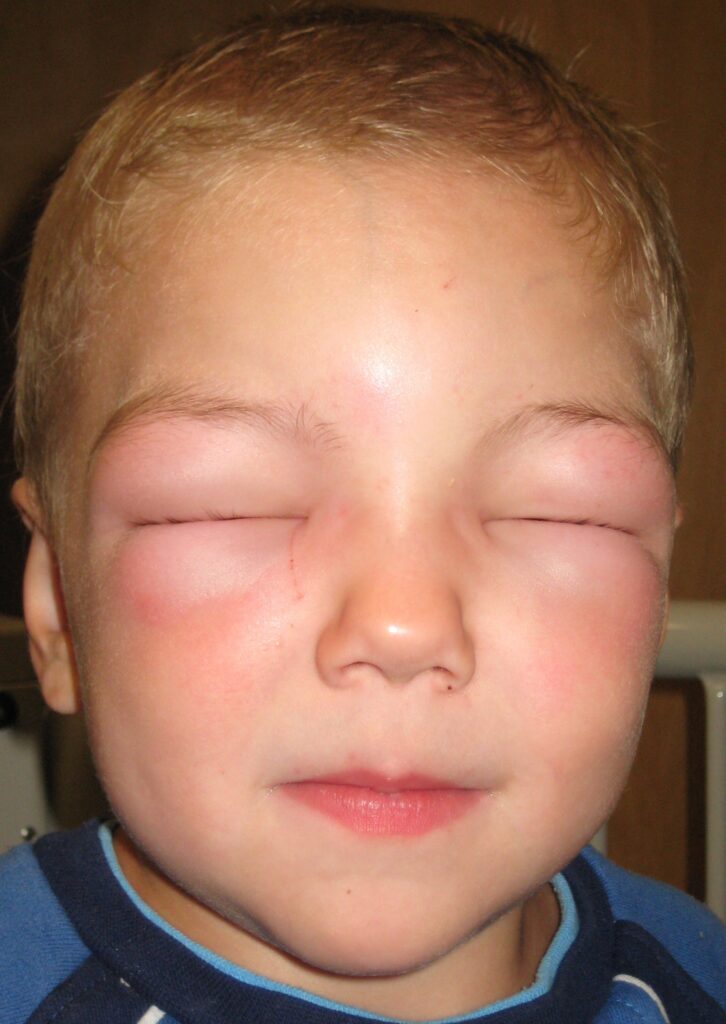
Angioedema and anaphylaxis can cause severe swelling in the skin with the latter (anaphylaxis) being a fatal condition. Unlike anaphylaxis, angioedema results in “severe swelling beneath the skin, especially of the face and the limbs.”
This implies that whole skin tissue is not enlarged but rather a superficial layer of skin is affected. The enlargement may occur on the left side of the face or the right side or both. For some people, angioedema will typically show up as “swelling under the skin often appearing around the eyes and lips.”
Although the real causes of facial oedemas are not known, it rarely causes pain as far as swelling is a typical sign.
4. After tooth extraction or removal

What do you expect after you have undergone tooth extraction? How long does it last? Tooth exactions are commonly on the molar, and wisdom tooth.
Minor extractions are less likely to cause any swelling of jawbone tissue. If swelling occurs, it tends to differ from one individual to the other.
However, swelling inside cheeks is what you highly expect if there is an extensive surgical operation required to deal with or remove them. This may largely interfere with and cause damage to soft tissue in the cheekbone. To a certain extent, it may lead to bone tissue removal for a successful operative action. What else would you expect?
- Swelling which extends to the mouth and outside cheeks if several teeth are removed and tissue damage is extended,
- Enlargement of one or even both sides of the face,
- Swelling under the cheekbone and along jawbone extending to the lower ear part,
- A toothache,
- The functioning of soft tissue surrounding eyes could also be affected.
After your tooth is extracted, swelling may last up to three days and a few more hours.
Swollen cheeks from teething

Besides allergies, teething is arguably a cause of mild cheek swelling in many young babies. For you to confirm that it is not due another reason, you have to be sure that he/she has reached teething stage. Given that, your “baby’s cheeks will appear swollen because of inflamed gums,” and red flushed cheeks but these are other signs to look for.
- Red swollen gums,
- Forceful biting in order to counter the pressure from erupting teeth,
- Frequent salivating,
- Change in feeding or suckling which becomes inconsistent or “fizzy”,
- Ear scratching and pulling
- Rash around the chin, etc.
Sometimes your baby may have pain in gums and diarrhea. The best thing to do is to get a prescription gel from a doctor to kill pain and reduce chances of infection. Alternatively, provide your teething child something to chew only if other symptoms such as inflamed gums or pain are not indicated.
Ensure a routine cleaning to avoid decay of the milk teeth. This will also develop a good oral hygiene as a health practice.
5. Moon face
Do you have a full, rounded face or feel your cheeks becoming puffy with fullness? Well, it may sound to be threatening but a moon face is considered a condition rather not serious. The most common reason for moon face is attributed to the build-up of fats on both sides of your face. It, therefore, follows that overweight individuals are most likely to experience a moon face or ‘moon facies.’
Another reason for moon face can be attributed to release of cortisol hormones in high concentrations. Moreover, if your pituitary gland releases mores Adrenocorticotropic hormone (ACTH), it means that the level of cortisol hormones is higher. ACTH stimulates the glands that produce cortisol hormones.
If that is not the case, then you may have other conditions such as Cushing Syndrome, rheumatoid arthritis, tumor growths or non-cancerous growths in glands some of which affects the release of hormones. It should be noted that these conditions might worsen the swelling.
More importantly, seek help from a health specialist or go blood tests if this affects your daily life and activities.
Other causes

- IgE mediated food allergies that lead cause abnormal reaction by immune system especially children,
- A serious and persistent toothache,
- Reactions produced after blood transfer,
- Anaphylaxis,
- Osteomyelitis also referred to as bone infection,
In babies or children
Perhaps you want to know why your baby’s cheek look swollen. Well, a majority of the reported cases of (facial) swollen cheeks in children is due to allergic reactions or anaphylaxis. The swelling could also be characterized by puffy eyes, itching. Check on the respective additional symptoms or take your baby to a children’s clinic for a checkup.
On the other hand, if the swelling is mild for many infants and small babies, then consider the other signs or symptoms of teething, infections such as cellulitis.
Red swollen cheeks in adults
From this discussion, it is agreeable that facial/cheek swelling may be accompanied with other symptoms. The set of symptoms are quite crucial in telling the problem that one has. However, that will depend on the causes. Presence of rash or red swollen face or cheeks in children and adults could be due to dermatitis such as contact dermatitis, eczema, cellulitis among other causes.
Swollen inner cheeks or inside mouth
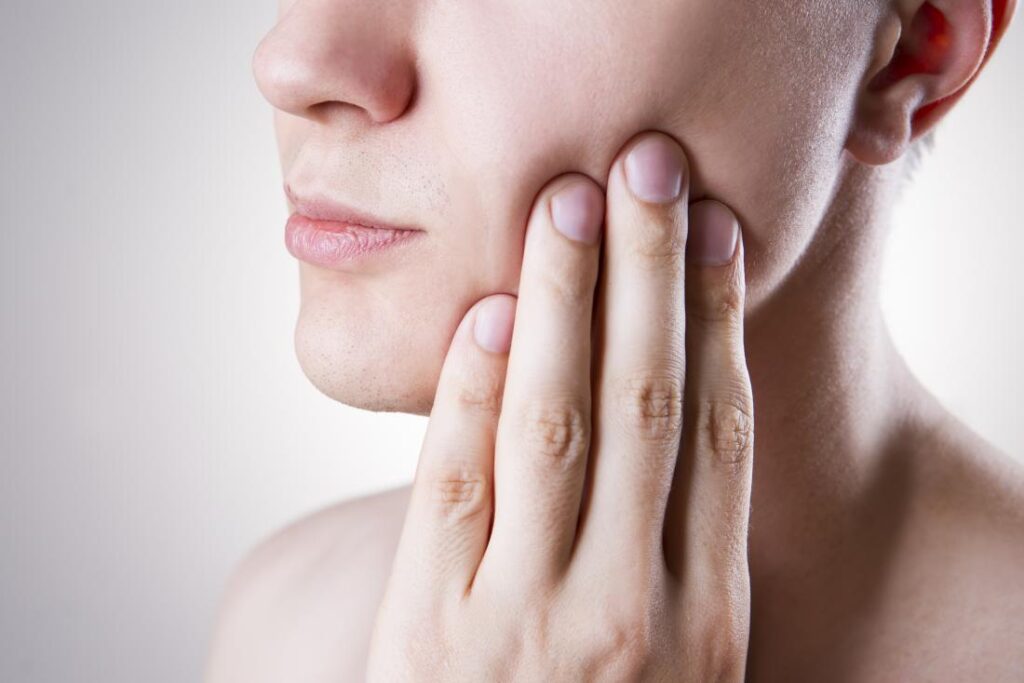
What causes swollen cheeks on the inside of cheeks? Some of the factors that we have looked at could be responsible for swelling of your cheek lining. They include trauma from tooth extraction (molar or wisdom tooth) and damage of the soft tissue in cheekbone; sinusitis and inflammation of the cheek lining, growth of tumors (malignant or non-malignant) and abscesses.
However, if feel no pain after swelling inside cheeks, do not ignore at any cost. See you, dentist, immediately.
Treatment for inside cheek swelling
Generally, treatment will largely depend on underlying or immediate causes.
If you went for tooth extraction, the swelling and pain will subside if you follow your doctor’s advice. Treatment may involve anti-inflammatory medications, to reduce swelling and natural antibiotics prevent infection. Ensure that you also keep your mouth clean.
Some patients may require a chemotherapy or surgery to remove the tumors.
Swelling of cheek and nose
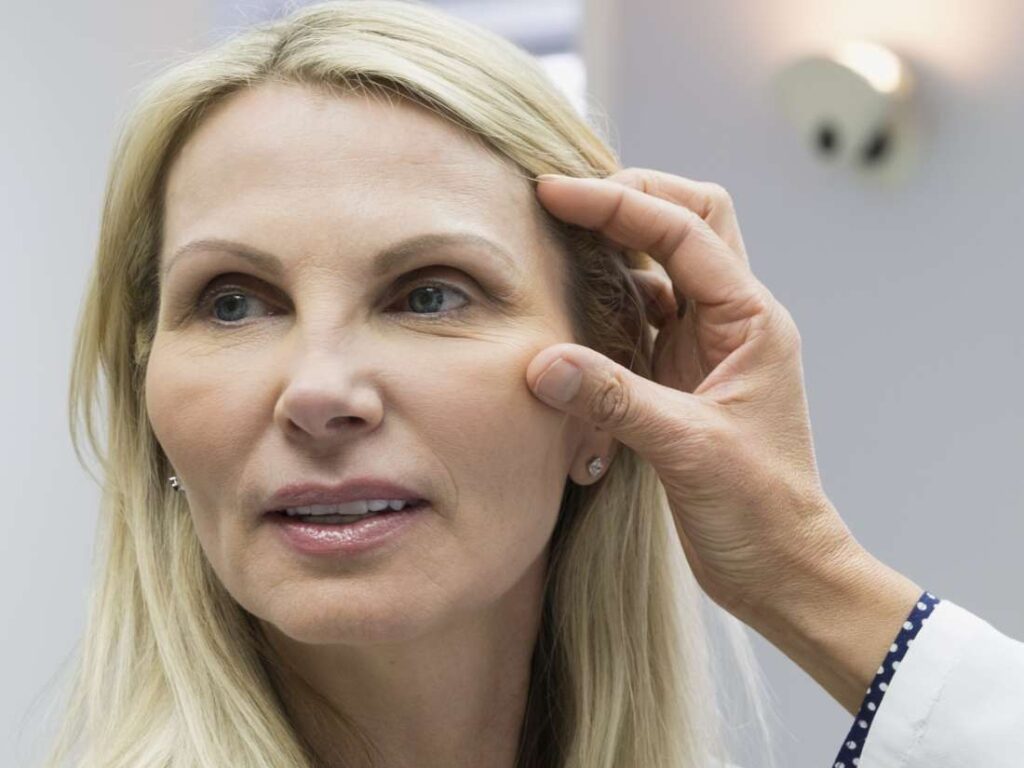
Cheek swelling and nose may be a complication or mean that you have multiple infections, pimples in the nose, acute sinusitis among, respiratory infections or other conditions.
Swollen cheek and neck
If you have a neck problem, swelling causing infections can easily extend to the neck region or around the cervical area. In addition to all the factors, we have discussed here are some of the factors why your cheeks and neck may become swollen.
a. Mumps
Symptom checker website, mumps is a contagious viral disease that causes painful swelling of the glands that produce saliva. Mumps attacks the glands found in the neck region. The swelling is characteristic of damaged salivary glands located in the cervical quarter below the ears. This infection causes a puffy swelling on one side or both sides of the neck and lymph nodes.
Besides cheeks, swelling, other symptoms that victims experience include pain in the salivary glands, fatigue, fever, and loss of appetite.
b. Thyroid problems
A swelling of the neck (especially the front region) is also another indicator of a thyroid problem, which means that your thyroid glands are not functioning properly. The typical thyroid malfunction includes hypothyroidism and hyperthyroidism.
How to get rid of swollen cheeks – treatments

Puffiness and swollen cheeks can make one naïve apart from the fact that some instances can cause death if not treated. For you to live your life to fullness then going for treatment is all you require. Do you know the cause behind your cheek swelling? We hope you have gone for testing and know.
Let us look at how you can get rid of some of the facial problems.
Treatment
How is facial swelling treated? Treating mild cheek swelling is quite easy if the cause is well known. For instance, if swelling occurs due to infections or injury one can relieve of pain and inflammation using certain medications (if the symptoms don’t resolve on their own).
Let us briefly see how to get rid of cheek swelling with use and help of medications.
Over the Counter treatments
There are several topical medications available in form of tablets, capsules and liquids, which are safe. They include anti-inflammatory drugs, pain relievers, antiviral or antibacterial medicines and many others.
Now, if you or your baby experience symptoms such as pain you can use ibuprofen or paracetamol to kill pain and reduce swelling. For young teething babies, you should give them mild antiseptic gel to control pain. However, extra much care MUST be taken to avoid babies from swallowing or applying them inappropriately.
Remember that these symptoms exclude redness and tenderness in cheeks or around face and eyes, sudden, severe or extreme swelling and painful cheeks especially when you have them for quite some time or get worse with time.
IMPORTANT NOTE: Before using these drugs, go through the manufacturer’s instructions to know all facts and restrictions on dosage, duration of use and other crucial health-related conditions. Otherwise, you should also get the right advice from a medical practitioner or doctor.
From bulimia
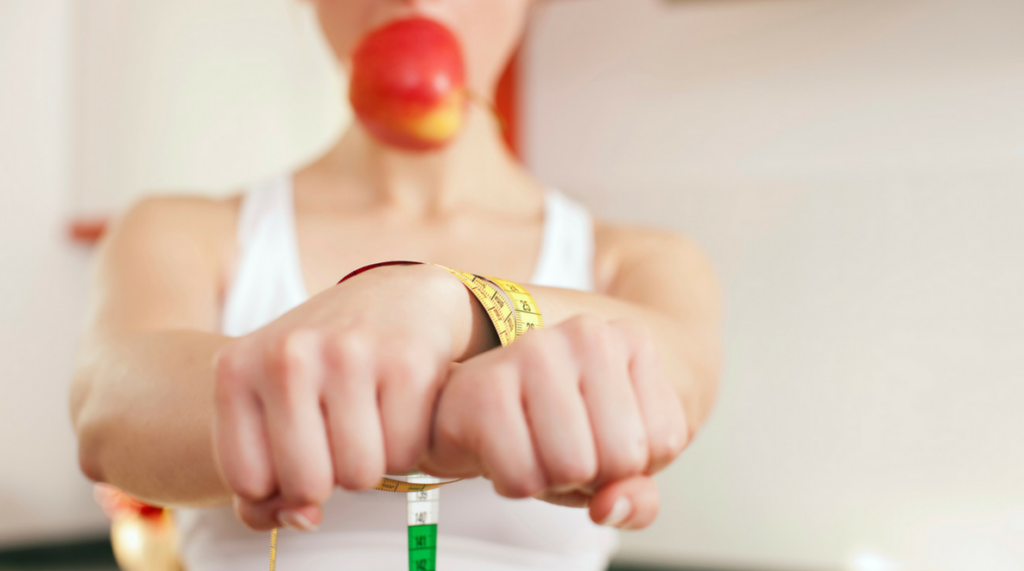
Bulimia is an eating disorder where its victims’ behavior is “consuming a large amount of food in a short amount of time followed by an attempt to rid oneself of the food consumed (purging).”
In attempts to ease themselves, people who have this problem have a big urge to rid the excess food through vomiting, exercising or use of a laxative diuretic. Sometimes they develop problems with salivary glands located beneath the cheekbone where they become enlarged.
Individuals who exhibit such symptoms require visiting a physiological therapist for training and learning how to manage stress. Therapists would also advise accordingly on use of an antidepressant (drugs) if there were a tendency to resist behavior change.
Remedies for cheek or facial swelling
These are simple home tricks that will help to make your face less swollen and in reducing symptoms such as pain. These two methods will help you relieve the mild symptoms quickly and thus get rid of the swelling quite fast.
1. Apply ice therapy
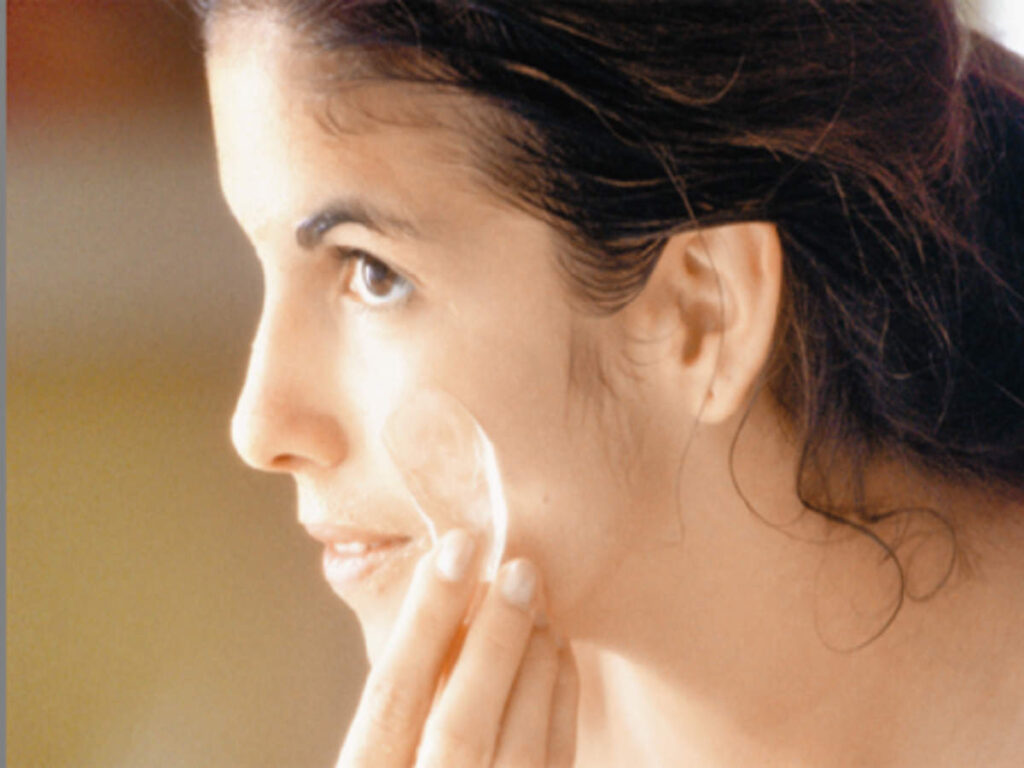
One of the methods to reduce swelling is applying cold ice to the affected area. It is very helpful for having tooth removal or getting injuries with no blood. This is undoubtedly the most common remedy to apply even at home. It has an easy procedure and does not require any special products or tools.
You only require a cold source that can fit into this situation such as ice cubes, ice bags or a piece of towel.
Procedure
- Place your ice cubes in a piece of towel and wrap them,
- Hold it against the swollen area on the outside of face for at least 10 minutes,
- if you have both sides of face swollen then do the same to the other side for another 10 minutes,
For better results, physicians recommend that you do it in the morning or when it is a bit cold, to avoid creating extremes of body temperature.
2. Heat therapy
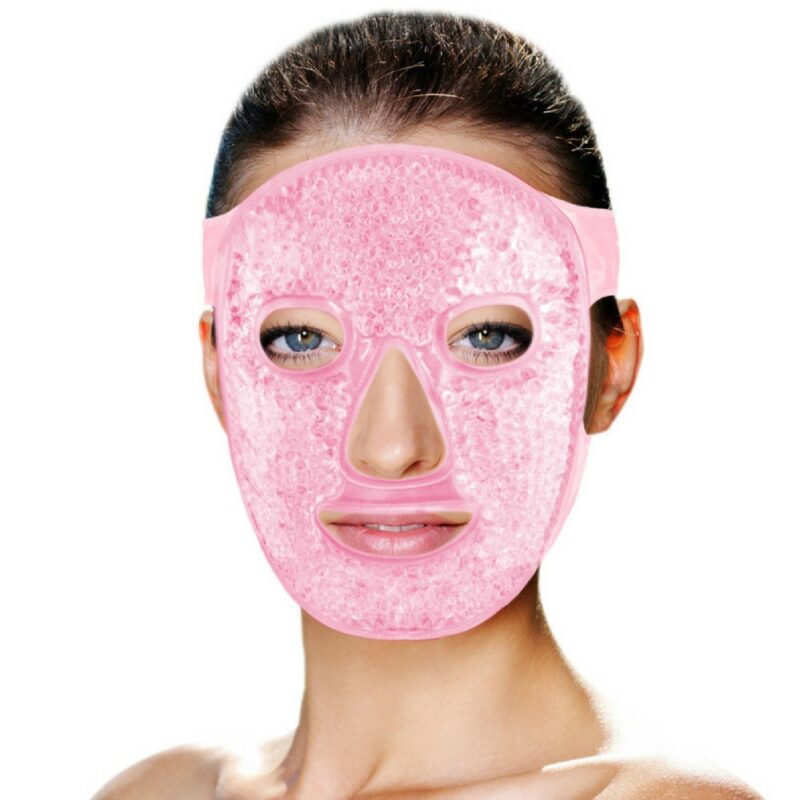
Also known as heat compress, this remedy can also help reduce swelling because of trauma to the cheekbone. This remedy is good if you have no pain because in some people heat can aggravate and make the experience to be even more painful. Therefore, be patient until after 2 – 3 days during which you should be relieving pain.
As a cautionary action, you have to ensure that the source of heat you are going to use will be moderate to avoid burning your skin or children.
For young children, it is advisable to use a bottle of warm water. Adults can carefully apply a warm compress using boiled water and a piece of cloth. Unfortunately, these cannot be applied if your problem is an allergy.
When you must seek medical attention

In any case, you have a persistent facial swelling or develop other symptoms like very high fever, breathing difficulties – wheezing, shortness of breath, unable to breathe at all, etc. – sudden facial swelling, tongue, or lips, breathing you should see your doctor immediately.
In some cases, these signs and symptoms are considered an emergency health concern. And that means that the whole complication may lead to fatality if patients are not attended to and treated in good time. In such a situation call your doctor or dial your country’s emergency line as quick as possible to save a life.

